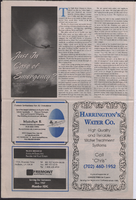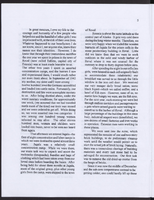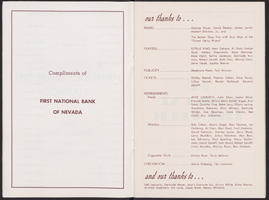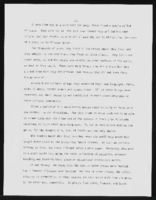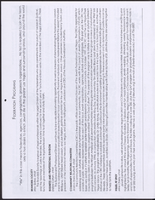Congregation Ner Tamid
Congregation Ner Tamid is the second oldest Jewish synagogue in the Las Vegas Valley, Nevada, founded in 1974. It is the largest Reform synagogue in Nevada, and has been led by Rabbi Sanford Akselrad since 1988. Ner Tamid is home to the Gary and Lynn Kantor Early Childhood Education Center and the Mark L. Fine Judaica gift shop. It offers youth and adult education, as well as a Men’s Club, Sisterhood, and other social groups. In 2015, more than 600 families were members of Ner Tamid, and the congregation offered over 200 programs and activities in the course of a year.

